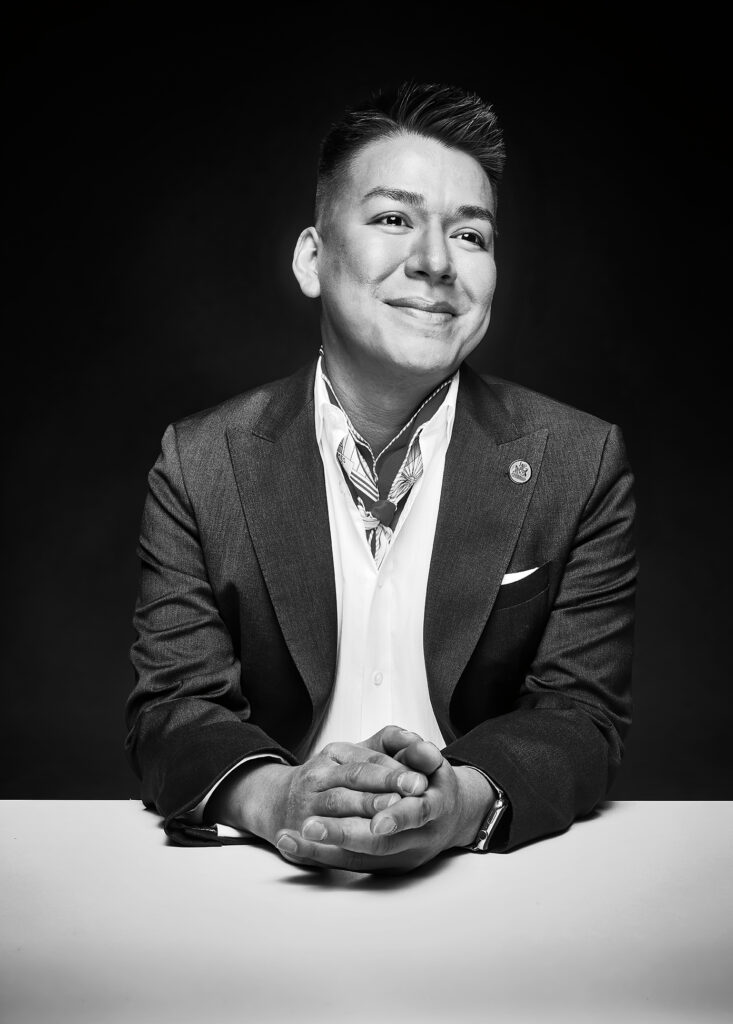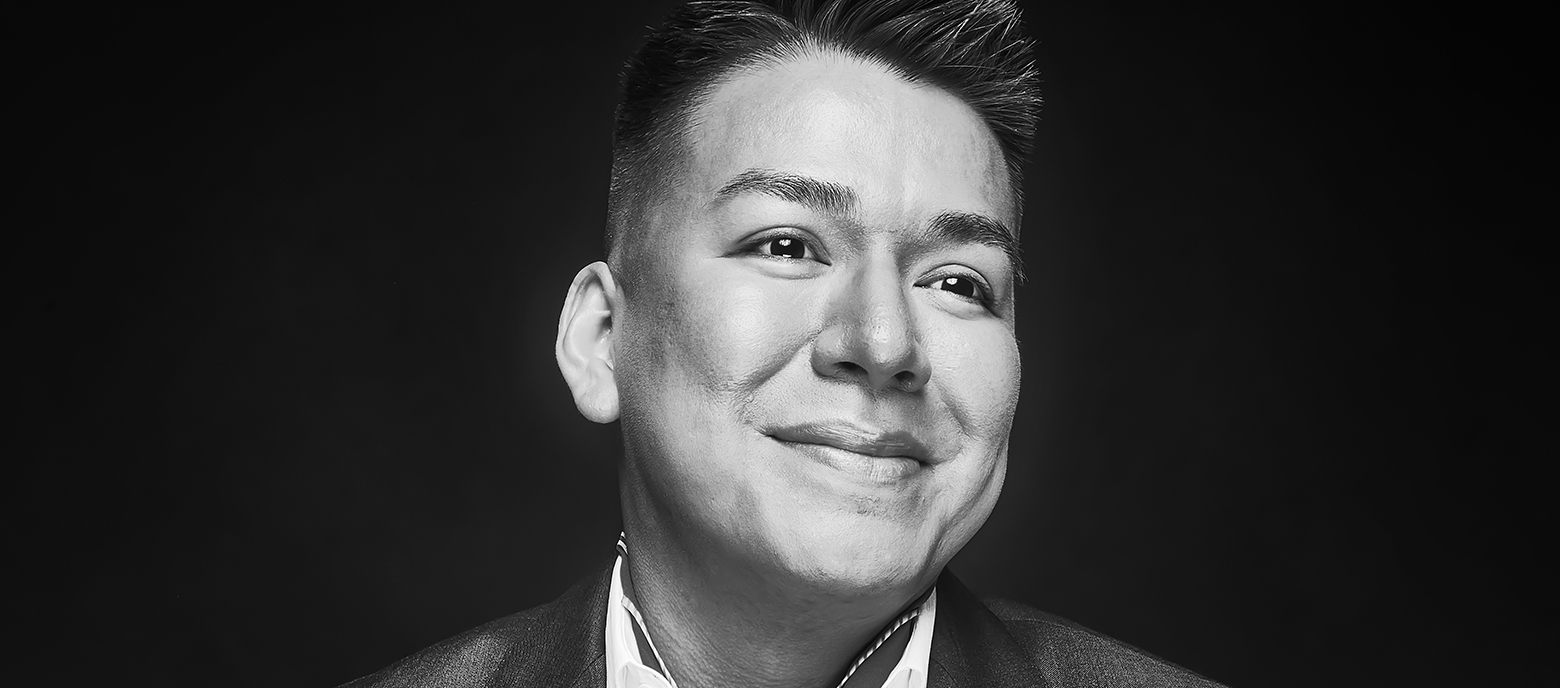Before he was a lawyer, Darian Baskatawang was already an advocate. About a decade ago—as a high-school student who’d grown up in Whitesand First Nation, an Anishinaabe community northwest of Lake Nipigon—he was chosen by the Ontario government to serve on the Premier’s Council on Youth Opportunities. Kathleen Wynne, the premier at the time, created the initiative to learn how the province might better support young people. Baskatawang, who continued to sit on the council as a university student, provided an invaluable perspective. He spoke candidly, for instance, about the way in which ill-funded on-reserve schools left students underprepared for secondary education, which typically happens off reserve, and the need for more robust child-welfare funding. “He was unintimidated by adults,” recalls Wynne. “He spoke the unvarnished truth.”

Darian Baskatawang
Associate, Olthuis Kleer Townshend LLP
Year of call: 2022
His input helped inform a number of Wynne’s policy achievements. Throughout her time as premier, from 2013 to 2018, she increased funding to schools in Indigenous communities, launched new programs that help Indigenous students afford the cost of university and bolstered resources for on-reserve foster care.
Today, Baskatawang, age 26, is a second-year associate at Olthuis Kleer Townshend LLP, one of the country’s top firms in Aboriginal law and Indigenous rights. His caseload includes some land-claim and child-welfare work, but he currently devotes the bulk of his time to a major class-action settlement. In 2021, the federal government agreed to compensate Indigenous people who’ve been denied access to clean, safe drinking water on reserve. To ensure people receive the appropriate restitution—not just for subpar water access, but also for associated health and psychological traumas—Baskatawang travels from nation to nation across Canada and meets with class members. He explains their rights and helps them submit their claim forms.
In conversation, he translates abstruse legal concepts into language that anyone can understand. “Because I’m from a reserve, it’s easy for me to be on equal terms with people,” he says. “If you’re a normal person, you don’t speak lawyer. So, it’s my job, as a lawyer, to speak normal person.”
As a two-spirit man with a reserve upbringing, Baskatawang hopes to be a role model for Indigenous youth. And, as his work on the clean-water case continues, he’ll keep pushing for long-overdue justice. After all, says Baskatawang, “A settlement is only as good as its implementation.”
This story is from our Spring 2023 Issue.
Photography by Daniel Ehrenworth. Hair and makeup by Jasmine Merinsky.


